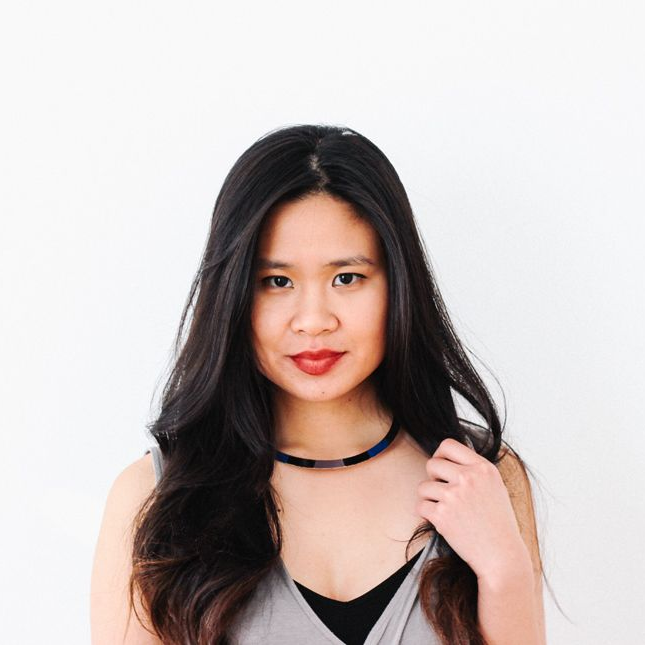|
Whether you're checking the news on your smartphone or browsing recipes on your laptop, staring at a digital screen has become a way of life. Need driving directions? Look at a screen. Making plans with a friend? Read a screen. You can even watch a screen on the way to work, where many As it turns out, all those hours exposing yourself to the light of our various screens To find out, we talked to Dr. Danielle Richardson, O.D., a Los Angeles-based therapeutic optometrist, and Dr. Joseph J. Allen, O.D., based in Buffalo, both of whom specialize in modern eye care. Why Is Blue Light Harmful?According to Dr. Richardson, visible blue light is high-energy, short-wavelength light that emanates from fluorescent lights and LED-backlit devices. This includes devices like your smartphone, tablet, computer and television. But contrary to popular belief, blue light isn't always man-made; the sun naturally emits blue light, which helps to keep us awake during the day. When we're exposed to blue light in the morning, our bodies make less of the "sleep hormone" melatonin, which helps our circadian rhythm stay on a 24-hour cycle. While natural blue light controls our circadian rhythm, it becomes a problem when we're exposed to too much. "Blue light exposure between 460 to 480 nanometers [or a unit of length that measures the wavelength of visible light], [which] can affect the circadian clock," Dr. Allen explains. "[This] may significantly affect sleep patterns and the quality of nightly rest." The timing of blue light exposure matters, too. If you're exposed to blue light after dark, your body might think you should still be awake. In turn, it will continue to suppress melatonin, even after you tuck yourself into bed. Hello, sleepless nights! You've also likely heard that blue light is responsible for a condition called If you do experience digital eye strain (sometimes referred to as computer vision syndrome), you may have symptoms like eyestrain, headaches, neck and shoulder pain, dry eyes or blurry vision. The severity of these symptoms can vary depending on your visual abilities and the duration of digital screen use. What Are Blue-Light Glasses?Blue-light glasses are designed to minimize your exposure to blue light in one of two ways: blocking or filtering. Blue-light-blocking glasses effectively block all blue light in the 400 to 495 You might wonder if blue-light glasses are beneficial, especially if you work on the computer. So, is it worth the investment? Both Dr. Richardson and Dr. Allen The benefits of blue-light-blocking glasses (glasses with the amber tint) have been proven to keep sleep and eye strain in check. A 2018 study in the Journal of Psychiatric Research found that amber glasses improved sleep in people experiencing insomnia. The participants wore the glasses for two hours before bed and could still use electronic devices while wearing the glasses. Additionally, in a 2017 study in Investigative Ophthalmology & Visual Science, researchers found that people who wore blue-light-blocking glasses during a two-hour computer task experiences less eye strain than those who did not. Thus, if sleep and eye health are a concern, picking up a pair of amber-tinted lenses might be the solution. As for blue-light-filtering glasses? The benefits are still considered However, this doesn't mean some people have found relief using filtering glasses. Dr. Allen states that while the benefits of blue-light filters are highly subjective, people who use them may experience less eye fatigue from squinting, screen brightness and flicker. Dr. Richardson similarly has seen blue-light-filtering glasses help many of her patients, especially those with computer-oriented jobs—she even wears them herself! If you think blue-light-blocking or blue-light-filtering glasses can help you, Dr. Richardson recommends visiting your optometrist first. "[They can] ensure you don't need Does Cost Make a Difference?Due to their popularity, you can find blue-light glasses for every budget. And with an estimated 59 percent of Americans who experience at least one of the symptoms of digital eye strain, grabbing that cheap $10 pair on Amazon might be tempting. But do they work as well as an expensive pair from a fancy boutique? "Cost doesn't necessarily correlate with efficacy," Dr. Richardson shares. "What's important is the percentage of blue light being filtered." "In general, the more yellow [the] lens, the more blue light is being filtered," she explains. "For the best quality, I recommend optometry offices and optical retailers because of their access to premium blue-light-filtering lenses and coatings." If online ordering is more your style, Dr. Richardson suggests selecting a pair that has the highest percentage of blue-light filtering. Even if you don't work on a computer, you might still find value in blue-light glasses. After all, simple habits like watching television or using a smartphone can negatively affect your eyes and sleeping habits. And while limiting overall screen use is always the best move, using blue-light glasses—especially at night and before bed—can help your eyes stay healthy and happy. |







.png)
